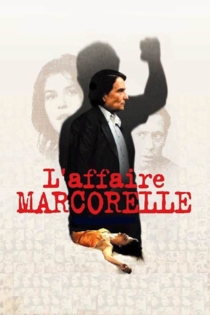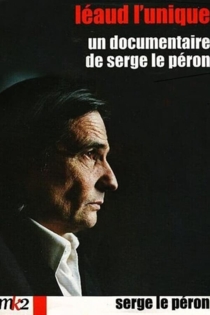
Serge Le Péron
2021L'Olivier
Guy Chapoullie, Serge Le Péron
L’Olivier responds to a concern French public support for the Palestinian cause is diminishing in the wake of the 1972 Munich operation. Structured to chronicle the Palestinian story and to explain the current chapter in the struggle, the film calls for global militant solidarities and, particularly, for European political engagements.
L'Olivier
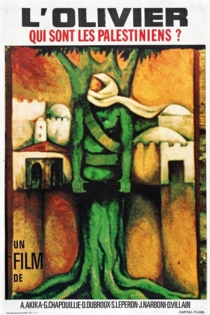
Chaplin Today: The Gold Rush
Serge Le Péron
Roscoe 'Fatty' Arbuckle, Charlie Chaplin
African filmmaker Idrissa Ouedraogo (YAABA) discusses the influence that Charlie Chaplin has been on his work, along with archival footage of interviews with several of Chaplin's co-stars.
Chaplin Today: 'The Gold Rush'
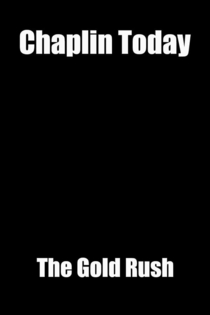
J'ai vu tuer Ben Barka
Saïd Smihi, Serge Le Péron
Charles Berling, Simon Abkarian
January 1966. In a Paris apartment, police discovered the corpse of Georges Figon, the man who broke the scandal of the Ben Barka affair and undermined Gaullist power. A year earlier, Figon, tired of dubious deals and petty scams, is looking for a juicy blow. Close to the "middle" since his years in prison, he was given a large mission: to produce a documentary about decolonization, written by Marguerite Duras and directed by Georges Franju, with the help of the famous Moroccan opponent Mehdi Ben Barka, hired as a historical consultant. This film project is a trap ...
I Saw Ben Barka Get Killed
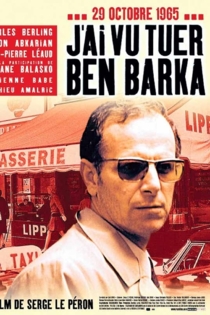
Laisse béton
Serge Le Péron
Julien Gangnet, Danièle Dubroux
Brian and Nourredine are two lousy young offenders. Their flights have a motive: a film brought back from San Francisco where the father of Brian, singer of rock of the sixties, today in prison, made a tour.
Laisse béton
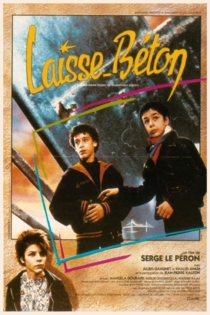
Françoise Dolto, le désir de vivre
Serge Le Péron
Josiane Balasko, Maxime Berger
After the Second World War, Claude, son of communist resistance fighters, whose mother died in Auschwitz, and Ben, child of a prostitute and a Jew, face the demons that haunt them with the help of Françoise Dolto.
Françoise Dolto, for the love of children
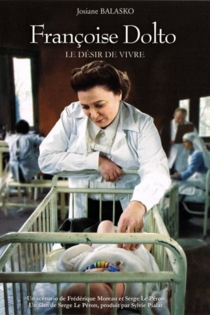
Gilles Jacob, l'Arpenteur de la Croisette
Serge Le Péron
In 1978, Gilles Jacob landed what must seem like a dream job to many film buffs -- he became the director of the Cannes Film Festival, the world's biggest and most prestigious event for international cinema. Born in 1930 to a Jewish family, Jacob survived World War II by hiding out in a Catholic seminary, and developed a passion for movies as a teenager, attending school alongside future director Claude Chabrol. In his late teens, Jacob founded his own film magazine, Raccords, and he later became the chief film reviewer for L'Express (where he lost his job for having the temerity to give The Story of O a bad review). In 1978, Jacob took over as director of the Cannes Film Festival, and set out to make the world's greatest film festival even better by creating new showcases for promising talent (while still maintaining room for gifted veteran filmmakers), expanding the facilities and continuing to entertain and challenge audiences each year.
Gilles Jacob: Citizen Cannes
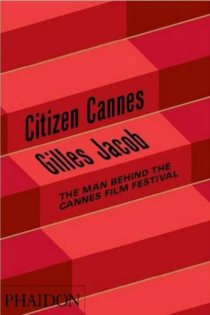
Serge Daney : le cinéma et le monde
Serge Le Péron
Serge Daney was successively critic and editor of Cahiers du Cinéma in the 60s and 70s, then critic at Libération before founding Trafic a few months before his death. Through the dialogue established between some filmmakers of today and the thought of Serge Daney on the most diverse subjects, the film is the reconstitution of the look of a moviegoer on the world and the confrontation with our time.
Serge Daney : le cinéma et le monde

